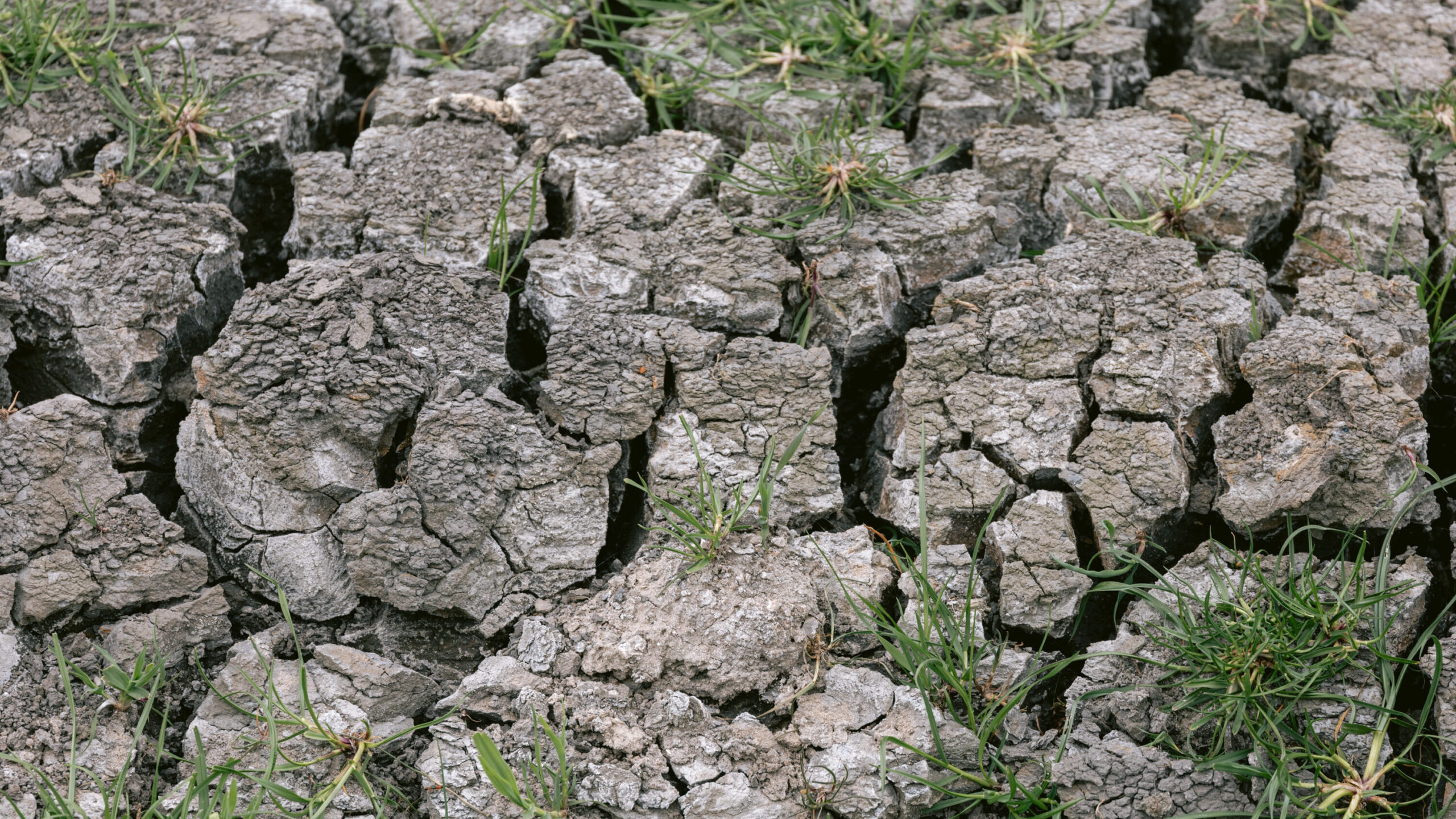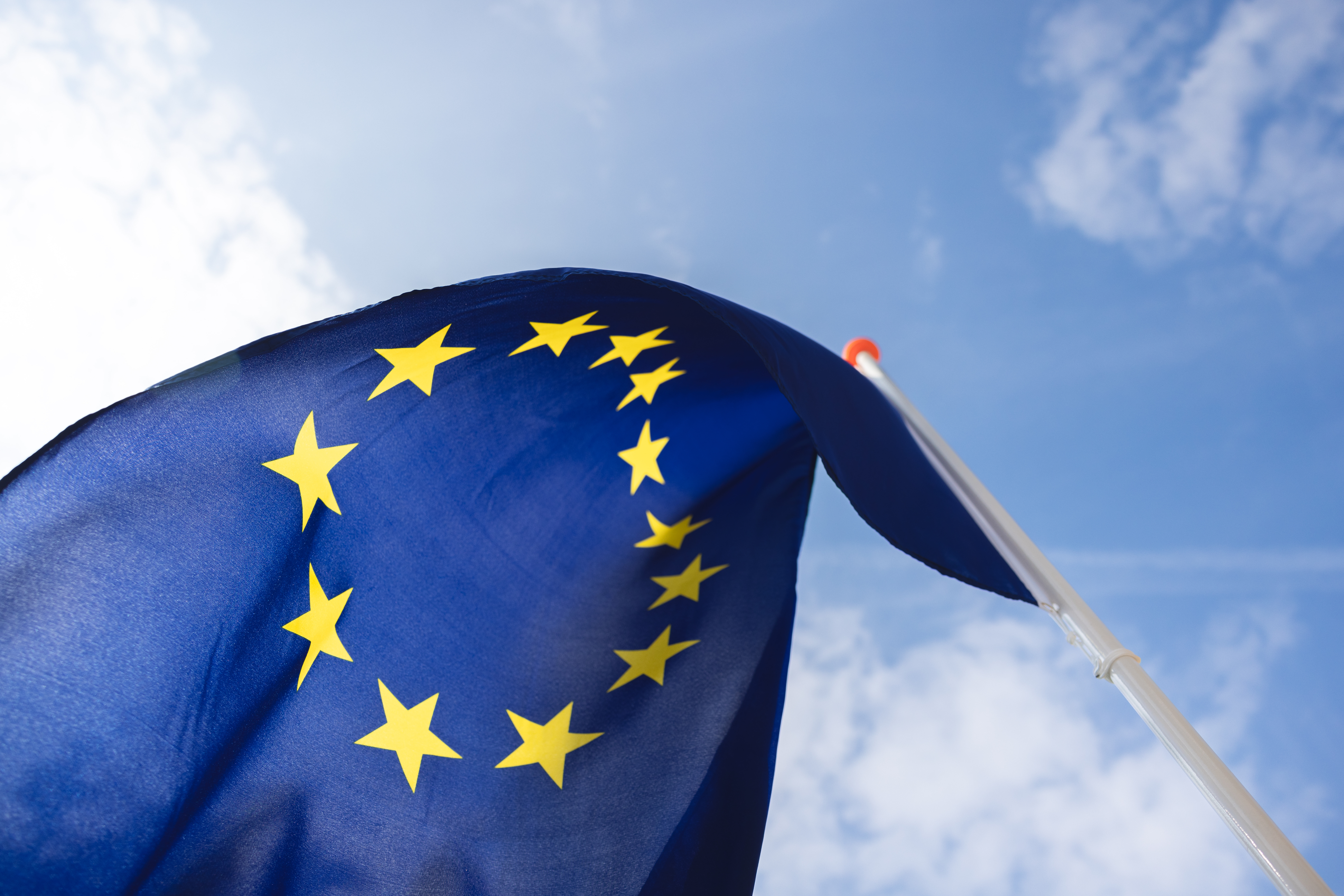From scarcity to strategy: how to keep your business resilient
“Resilience is the answer to scarcity – prepare yourself for the future.”
In this blog series, we talk to 2BHonest specialists about interesting topics they come across in their work as sustainability consultants. In this article, Judith talks about resource scarcity — an issue that doesn’t immediately spring to mind, but one that is affecting more and more businesses. Especially when we consider the raw materials needed for the energy transition and new technologies. Limited availability and higher prices affect entire value chains – from products to end-users. How can companies prepare for the challenges of scarcity? Judith shares her insights and talks about how the Critical Raw Materials Act (CRMA) is helping to seize opportunities.

Judith, why is it that certain raw materials are becoming more and more scarce?
Demand for materials is growing significantly worldwide, driven by trends such as urbanisation, sustainability and electrification. Take, for example, borium in solar panels. Cobalt in wind turbines. Copper in cables. Nickel in batteries. But also silicon in semiconductors and antimony in flame-retardant building materials. Large quantities of raw materials are used for these purposes in a range of sectors. Some of these resources are inherently scarce, while others are scarce because of disruptions caused by geopolitical tensions.
Geopolitical tensions, what is that about?
The demand for raw materials in the EU far exceeds supply. This means that the EU has to look beyond its own borders for many raw materials. China supplies almost all rare earth elements, Turkey almost all boron and 71% of platinum comes from South Africa. This dependence makes companies vulnerable to disruptions, such as those caused by trade disputes. Consider the war in Ukraine, for example, which disrupted the supply of cable assemblies in the automobile industry. Or the semiconductor industry that is struggling with shortages.
What are the concrete consequences of these shortages for companies?
Companies in sectors such as energy, construction, technology, agriculture, healthcare and aviation all rely heavily on critical raw materials, and scarcity affects them on multiple fronts: financially, strategically and socially. It leads to higher costs delayed or stalled projects and concerns from external stakeholders , such as customers and investors.
“Scarcity affects businesses on multiple fronts: financially, strategically and socially.”
Okay, a huge impact, then. What is the best way to deal with this as a company?
The ability to continue one’s core activities undisturbed in the face of disruptions requires resilience. You develop them by anticipating the scarcity of resources and by seizing the opportunities for long-term growth and continuity.
This starts with gaining insight into your supply chain, which overlaps a lot with due diligence. What critical raw materials do you use and who and where do you source them from? This is the basis for mapping out your dependency on specific countries. Often, there are opportunities to diversify your suppliers and set up collaborations within the chain. By reducing your dependency, you make your business less vulnerable.
In addition, I firmly believe in the importance of circularity. Analyse your material flows and integrate circular principles into your business operations. Reduce the acquisition of new raw materials through more efficient use, alternative materials, better reuse and high-quality recycling. This is how you spur on the circular economy and create an instant solution for the scarcity of raw materials.
And was there not a European directive recently introduced for collective action?
Yes, that’s right! That is the Critical Raw Materials Act (CRMA), in early 2024. This is a significant step towards making a concerted effort in Europe to tackle the scarcity of raw materials. The EU has compiled a list of 34 critical and 16 strategic raw materials that are indispensable for sustainable growth and achieving the climate goals.

As Europe, we want to be less dependent on countries like China and Russia by doing more in our own region. The idea is to increase the amount of material extracted, processed and recycled in the EU. It allows us to manage our raw materials and develop better, more sustainable alternatives.
How does the CRMA contribute to more robust, circular business practices for companies?
You could consider the CRMA as a stimulus for the European economy and the European market, which gives each country the scope to shape its plans in its own way. As the government playing a facilitating role, businesses are presented with various opportunities. for companies. For the Netherlands, for example, this means more subsidies for knowledge and research into technology, and that we will invest more in improved waste collection, recycling and reuse of products with critical raw materials.
“As the government playing a facilitating role, businesses are presented with various opportunities.”
For larger companies — with a global turnover of more than €150 million — it will give them an extra push. For instance, they will have to carry out audits to show how resilient their supply chains are and how vulnerable they are to disruptions in the supply of raw materials.
I recommend that the opportunities for trusted chain collaboration and circularity are carefully explored by all companies, large and small. By working together with your chain partners and industry associations, you can strengthen your position. A sound due diligence and circular economy requires robust dialogue and a closely aligned value chain. So, start a dialogue with your main suppliers about resource scarcity and work together on finding solutions for a more sustainable and resilient European market. It is about seizing opportunities now to bolster your resilience so that you are ready for the challenges of tomorrow.
In conclusion
Resource scarcity affects companies on multiple levels and calls for strategic choices. The energy transition opens up a wealth of opportunities, but also throws up new challenges. By acting now and making the most of the opportunities offered by the CRMA, companies can build resilience and reduce their dependence on scarce raw materials. It is all about having insight into the chain, collaboration and investing in circularity. This way, companies can not only secure their own future, but also actively contribute to a more sustainable world.
Want to know more about resource scarcity and how to bolster your resilience as a business?
Judith is on hand to help you!

Judith IJszenga
Consultant
Motivated to help businesses make a positive impact on people and the environment.
Link with Judith
